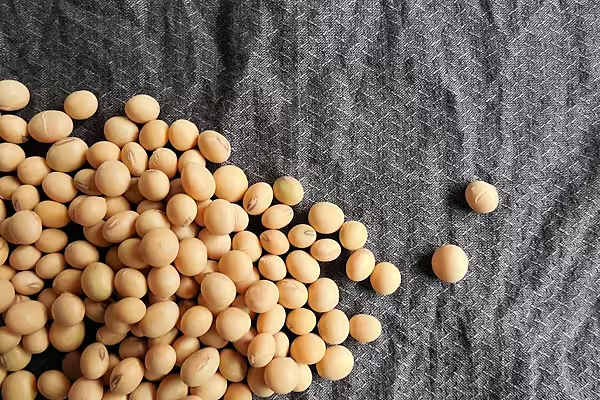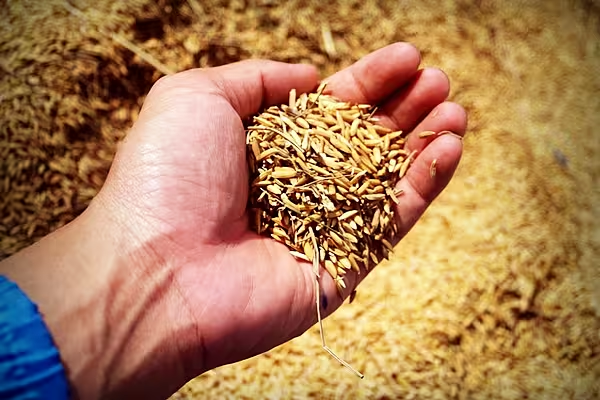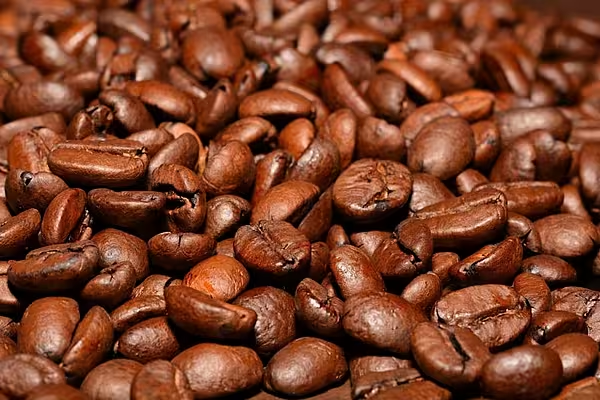Chinese buyers scooped up at least 20 cargoes of Brazilian soybeans last week due to uncertainty over a trade deal with the United States that sent them rushing to lock in supplies, traders said on Monday.
Importers also jumped on the new crop Brazilian beans because of attractive margins, said two traders who declined to be identified.
The purchases were for delivery when the new harvest hits the market early next year, they said. Some US and Argentinian cargoes were also booked last week, one of the traders said, with total purchases of about 30 cargoes.
Trade Deal
Chinese buyers have bought significantly fewer soybeans from their second largest supplier, the United States, this year, due to high tariffs on imports, which are expected to be lifted if the two sides agree to the first phase of a trade deal.
Completion of the first phase risks sliding into next year, Reuters reported last week, leaving buyers uncertain about market conditions.
Even after leaders from the two countries sent positive signals on an initial deal to defuse the protracted trade war, markets are concerned that the trade talks could flounder.
'Plenty Of Uncertainty'
"Buying out of Brazil is probably a good hedge at this point. There's plenty of uncertainty around US supplies so it's probably a good idea to have at least some Brazil locked in," said Darin Friedrichs, Senior Asia Commodity Analyst at broker INTL FCStone.
After a 16-month-long trade war, China's soybean buyers who crush the beans into meal to feed the world's largest pig herd are sitting on tight stocks.
National soymeal stocks plunged to a six-year low of just 355,100 tonnes in the week ending 19 November.
Crushers are however also seeing poor demand amid the worst ever outbreak of disease in China's pig herd, which has shrunk by more than 40% since a year ago.
"Feed producers and downstream companies are reluctant to build up high inventories as demand is bad," said a purchase manager with a feed producer in northeastern China.
News by Reuters, edited by ESM. Click subscribe to sign up to ESM: European Supermarket Magazine.














